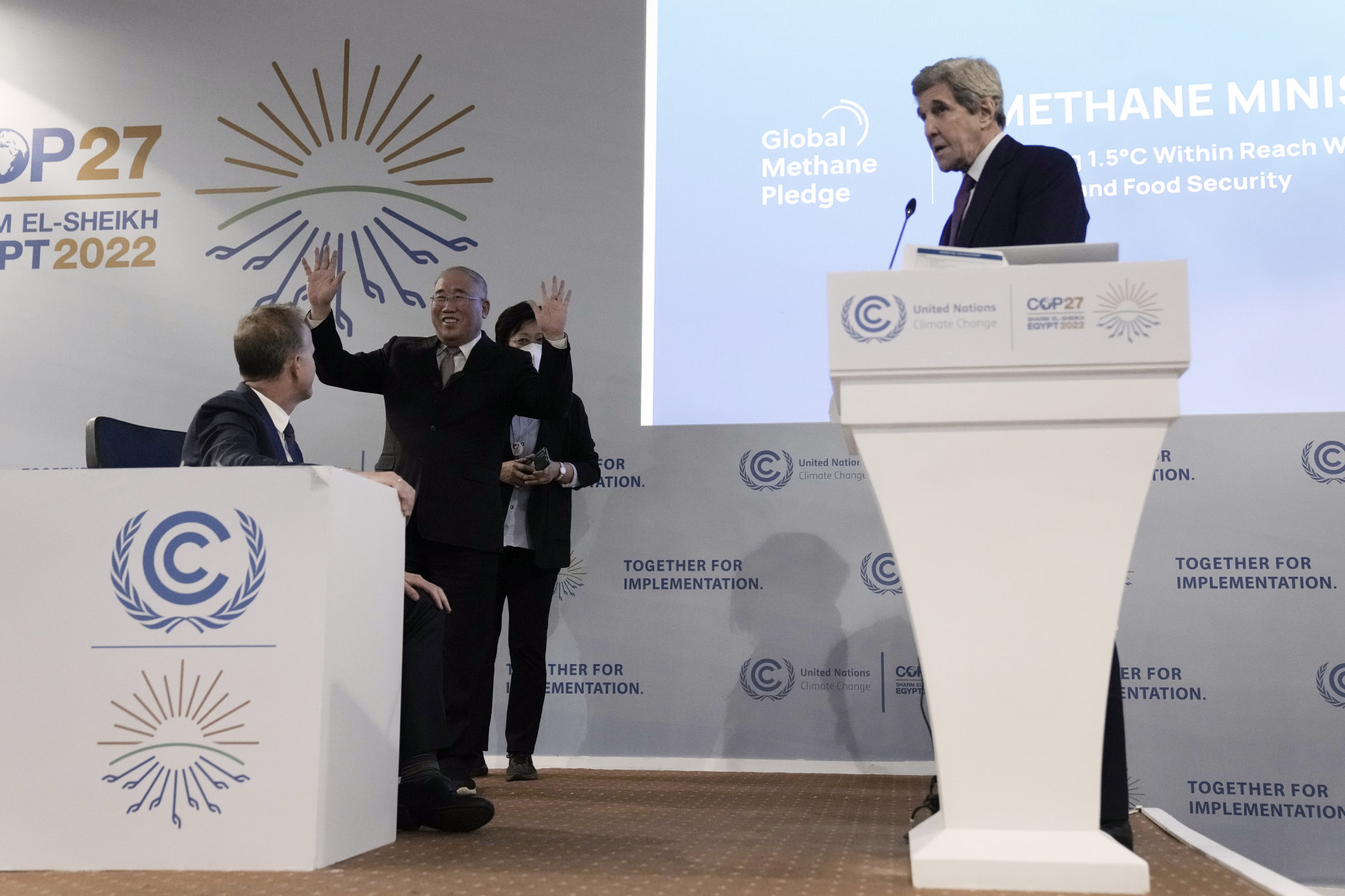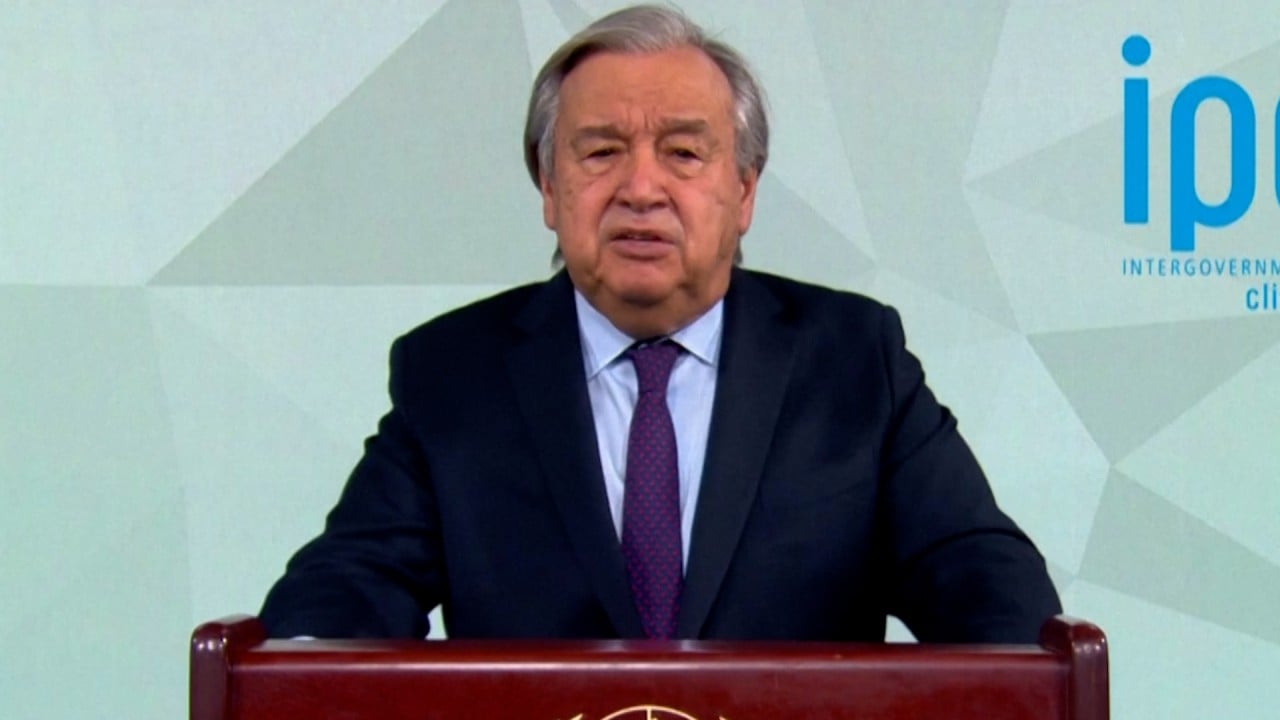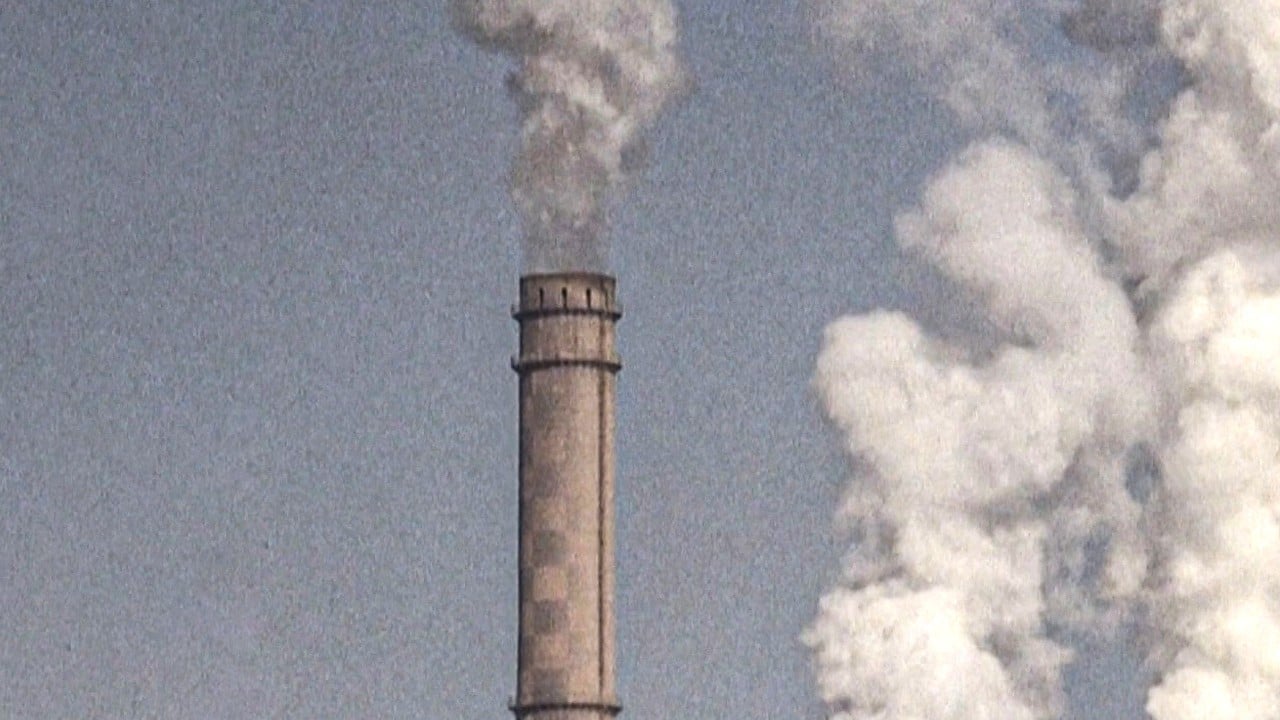
If we can’t have cooperation in fighting climate change, let’s compete
- Rising US-China tension makes climate cooperation between the world’s two largest emitters unlikely, dashing global hopes
- But strategic climate rivalry, with the promise of global influence, more competitive industries and greater national wealth, may prove effective
Countries already compete economically and militarily because they see their wealth and fate inextricably linked to global influence, technological advances and, ultimately, survival. Combating climate change checks the same boxes.
Neither country can solve this alone, and neither Washington nor Beijing has found a way to cooperate on solutions. As China and the US, the world’s two largest emitters, make no headway on negotiating bilateral cuts, further negotiations amid rising tensions are unlikely to gain traction.
Beijing and Washington can, however, compete for true 21st century leadership. Nations that take the lead in lowering their emissions and encouraging other countries to do so gain a strategic advantage.

They foster their own technological development in everything from smart grids and charging infrastructure to advances in new materials. They also engender goodwill and stronger economic relations if they use their markets to prioritise low-carbon products and offer preferential trade deals to countries that make significant greenhouse gas reductions.
Strategic rivalry also includes using economic coercion like granting or restricting market access, imposing import duties on goods that have not lowered their production emissions, and in extreme cases, sanctioning the worst polluting entities.
Reclassifying climate change efforts as strategic rivalry, on par with other national security issues, can also help secure funding from domestic budgets for more drastic emissions reductions and spur more timely action, akin to activities centred on military defence. The net effect is to create new technology, develop new industries and generate high-paying jobs.
Developing countries that embrace green manufacturing and alternative energy also stand to gain by carving out a competitive advantage in global supply chains and leapfrogging more polluting industries, much like they did by jumping over expensive landlines with mobile phones.
Strategic rivalry among major multilateral lending institutions, including the World Bank, Asian Development Bank and Asian Infrastructure Investment Bank, could provide economic incentives to alter emissions levels. But until major funders such as the US, Japan, China and the European Union insist on this becoming a lending priority, it’s unlikely to happen. Competition among these institutions to take the lead in green lending can also encourage private-sector lenders to do the same.
The rivalry approach also emboldens smaller nations to take action against the largest emitters. According to the UN report: “Vulnerable communities who have historically contributed the least to current climate change are disproportionately affected.”
Considering that environmental disasters have been known to topple past civilisations, one would hope nations can find a way to cooperate quickly and efficiently on an obvious global problem like climate change.
And no matter how many official warnings or images of calving ice sheets hit the headlines, a slow-moving disaster is harder to fight than the perception of more immediate threats. All the military hardware and missile defence systems in the world cannot stop the border-defying impact of a dramatically warming planet.
An existential threat of this magnitude can challenge humanity to think in a broader, more unified way than the narrow, fractious, defensive, self-interested models of the past.
The window is closing to make an impact as the real-time effects of climate change accelerate. No matter how effective China or the US is at lowering its own emissions, that won’t be enough to counter widespread environmental changes.
A strategic rivalry approach, with the promise of global influence, more competitive industries and greater national wealth, may be the most effective way to speed up action and avoid the worst effects of a global temperature rise.
At least with this kind of rivalry, the world ends up better off, no matter who wins.
Brian P. Klein is founder of RidgePoint | Global, a strategic advisory firm. He is a former US diplomat




